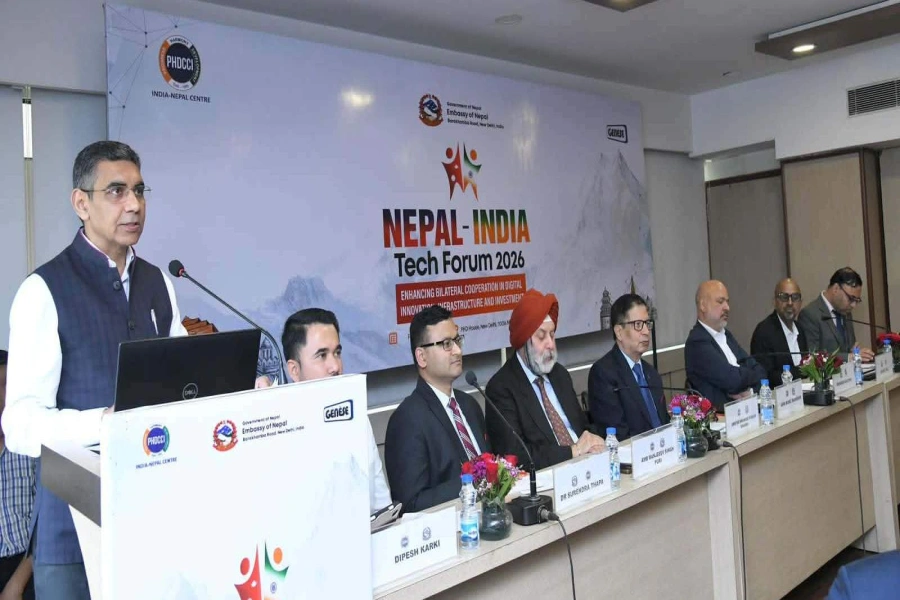KATHMANDU, July 27: A new study conducted by the International Finance Corporation (IFC) calls for cooperative action through a Developers’ Forum to safeguard the environment and people’s livelihoods with all hydropower development on the Trishuli River Basin (TRB).
The year-long study, Cumulative Impact Assessment and Management: Hydropower Development in Trishuli River Basin in Nepal, which was supported by the governments of Australia, Norway and Japan, recommends a holistic and basin-wide approach to address the environmental and social challenges associated with infrastructure development. There are over 36 hydropower projects in various stages of development or planning in the TRB, which covers an area of 32,000 square kilometers.
The study found the TRB is already impacted by hydropower and other development projects, with the effects compounded by other stresses such as climate change, slope instability, sand mining and urbanization. It shows that, without action, the river and its fish could be seriously, to critically, affected, with adverse impacts on people’s livelihoods and the future of the already globally endangered Golden Mahseer.
Turning Challenges into Triumph: The Mahakali River Basin Story

The study also warns that there is also likely to be an increase in sand-mining activities while exacerbating the displacement impacts associated with land-acquisition if no management measures at TRB are implemented. It would require at least 640 hectares of land should all the projects currently planned for the TRB be implemented.
“In the absence of a basin-wide environmental and social approach, individual efforts at the project-level to mitigate impacts will likely fall short and as a result biodiversity, people’s livelihoods and ecosystem services could be significantly impacted,” a press statement quoted Global Environmental and Social Hydropower Lead of IFC Pablo Cardinale as saying.
“This assessment is part of IFC’s deep commitment to promote a holistic, beyond-individual-projects’, approach to environmental and social risk management practices in Nepal, with the clear aim to minimize any accumulated harm to the environment and communities through multiple development projects in the same river basin.”
The study recommends the proposed Trishuli Hydropower Developers’ Forum to include developers, lenders, the Nepal Electricity Authority, environmental and social regulators, and other relevant government agencies. Under the recommended high management scenario, hydropower developers across the basin would need to sign on to a cumulative impacts management charter that goes beyond the usual compliance requirements of environmental and social management plans of individual hydropower projects.
“The importance of hydropower for Nepal cannot be overstated and the country truly has the potential to be the next regional powerhouse,” the statement quoted IFC’s Country Manager for Nepal, Bhutan and Bangladesh Wendy Werner as saying. “But to exploit the natural endowments without taking a bird’s-eye view of the potential negative consequences throughout the entire river basin could do more harm than good in the long-run. And for that reason, all of us have to work together to understand and mitigate cumulative impacts from multiple projects to ensure a sustainable development pathway for the energy sectors in Nepal.”
According to the statement, the study was an integral part of the World Bank Group Board of Directors’ approval of the $650 million for the 216 MW Upper Trishuli-1 Hydropower Project (UT-1), located in the upstream of the Trishuli basin. IFC is leading a consortium of eight international lenders in financing UT-1. High environmental and social standards have been put in place for UT-1 and it is the first project in Nepal to undertake a consent process with affected indigenous communities.






































